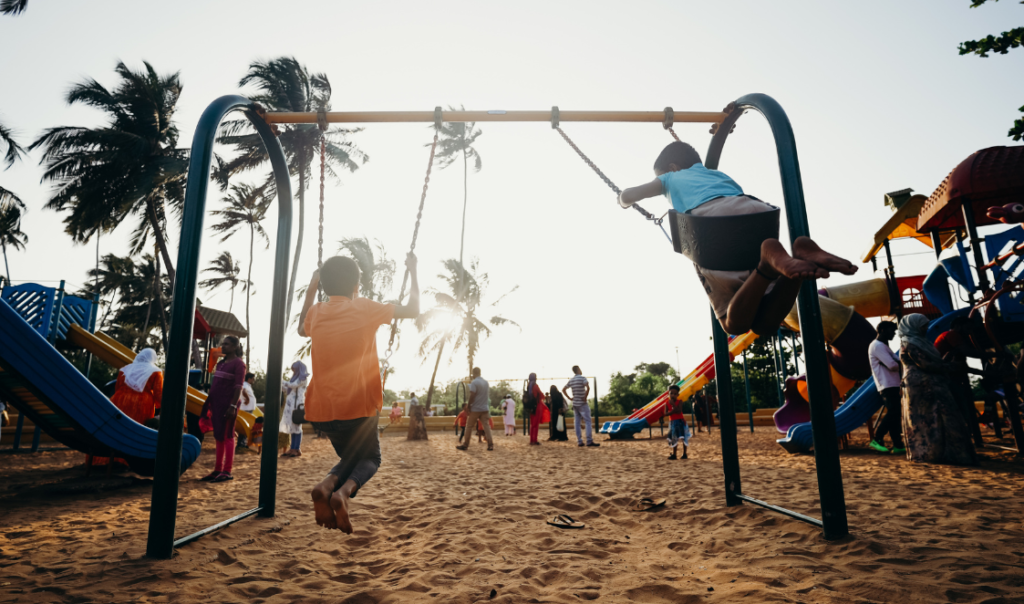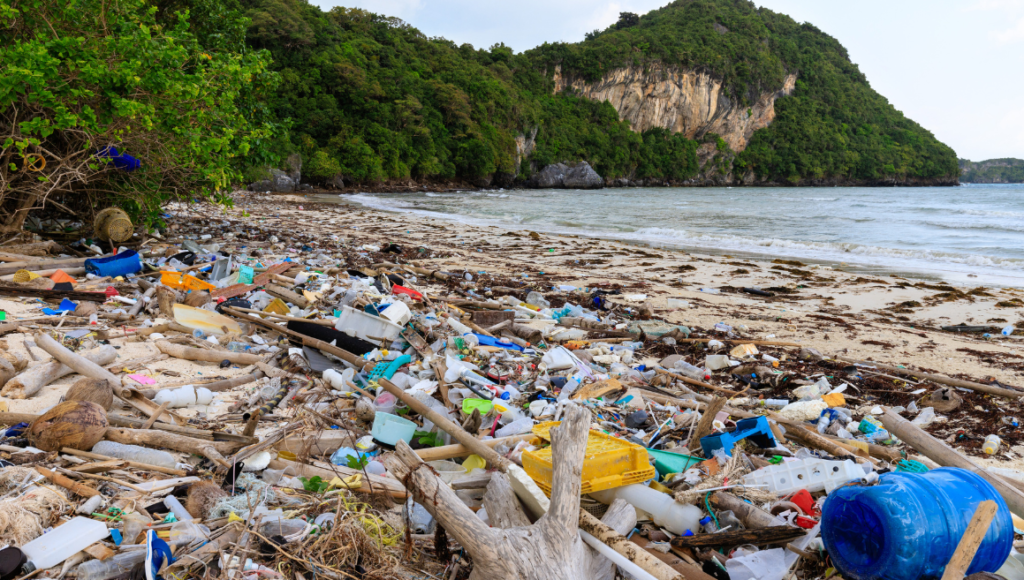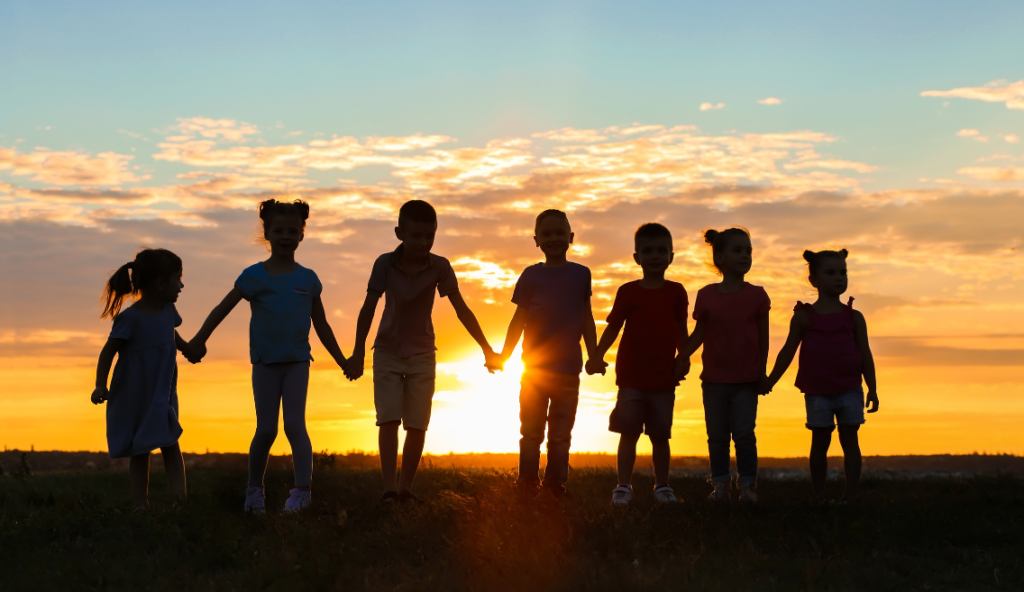By Christine Hill
On this blog, we often talk about how taking care of the environment itself is an essential part of our discipleship. By practicing responsible stewardship of God’s gifts we show our love and gratitude for God. However, there’s another aspect to environmental stewardship that we often forget: taking care of the earth is also an essential way to give love and care to our fellow humans, especially those who are most in need.
Last month, the Church celebrated the 183th anniversary of the Relief Society in a worldwide devotional. President Camille Johnson reminded us of the ambitious and revolutionary mission of the organization, stating that “we can and should change the world.” In this vein, we were invited to participate in the church’s global initiative to support women and children with a special focus on the health and wellbeing of the growing generation. As I browsed through the published list of “25 Ways to Improve the Well-Being of Women and Children” it struck me how many of these invitations included environmental health.

Who’s Most at Risk When the World Is Unwell?
We all need clean water, clean air, and access to nutritious food in order to grow and thrive–things which depend on a healthy ecosystem. In order to follow Jesus’ command to love one another we also need to care for those resources on which we all rely. This connection becomes especially important when we realize that the environmental factors that restrict access to clean air, water, and nutrition affect people disproportionately. So often, the ones who bear the greatest burden of environmental degradation are those who are already at great risk. Take these large-scale examples:
- When environmental disaster strikes, those who have the resources to relocate are those who do. People who don’t have money to change their living situation are left behind and have a harder time recovering. (source)
- Toxic dump sites occur most often in poor communities, contributing to long-term health effects on the local populations, especially growing children. (source)
- The poorest countries are usually also the ones who bear the most risk of climate disaster and the greatest burdens of waste management (especially when wealthier countries and industries outsource their waste disposal to places with low regulation). (source and source)
- In many places around the world, women are responsible for obtaining water for the household, which means that when clean water is hard to access, women and girls struggle to care for their households and lose access to educational opportunities. (source)
- Children, who are the most helpless and innocent members of society, bear a disproportionate burden in the face of pollution. Air pollution particularly can inhibit the healthy development of mind and body. (source)

As Disciples of Christ, We Are Called to Care
It’s easy to take the many blessings we might personally have for granted. We don’t often think about the investment and cooperation that was needed for us to enjoy clean water, nutritious food, and clean air, or how lucky we are to have those privileges. A changing world reminds us that those privileges can become harder and harder to come by. However, the inspired words of prophets, disciples, and our beloved Savior remind us that we must think about not only ourselves, but also the wellbeing of our neighbors, of orphans and widows, and of “the least of these”.
- “Verily I say unto you, Inasmuch as ye have done it unto one of the least of these my brethren, ye have done it unto me.” Matt 25:40
- “Pure religion and undefiled before God and the Father is this, To visit the fatherless and widows in their affliction.” James 1:27
- “Every man [seek] the interest of his neighbor, and [do] all things with an eye single to the glory of God.” D&C 82:19
To me, these scriptures remind me that it’s my job to consider the plight of girls who miss school and walk miles a day to access clean water for their families, of children who can’t play outside because of air pollution, and of families who can’t afford to move away from an industrial dump site.

Calls to Action
As Latter-day Saint Earth Stewards, some of the Church’s suggested ways you can help women and children may stand out to you. Perhaps you feel called to “work with your local government to ensure your community’s access to clean water, air, and food sources are free from contaminants and impurities.” Or perhaps the invocation to “plant a garden and share the produce with your neighbors” will inspire you to expand access to healthy food in a cooperative relationship with the earth. We’ve been invited to prayerfully consider these calls to action and allow the spirit to guide us to act in those ways we are able. As you do, remember that discipleship–loving service to those around us and to God–is always going to be entwined with environmental care, especially as we confront ongoing crises around the world.
Christine Hill is a student at Boston University, where she’s working on a master’s in theological studies with an emphasis in faith and ecological justice. A California native, Christine loves spending time by the ocean and around a campfire.
Note: Blog posts are written by volunteer writers; the opinions of writers are their own and are not necessarily representative of Latter-day Saint Earth Stewardship.
